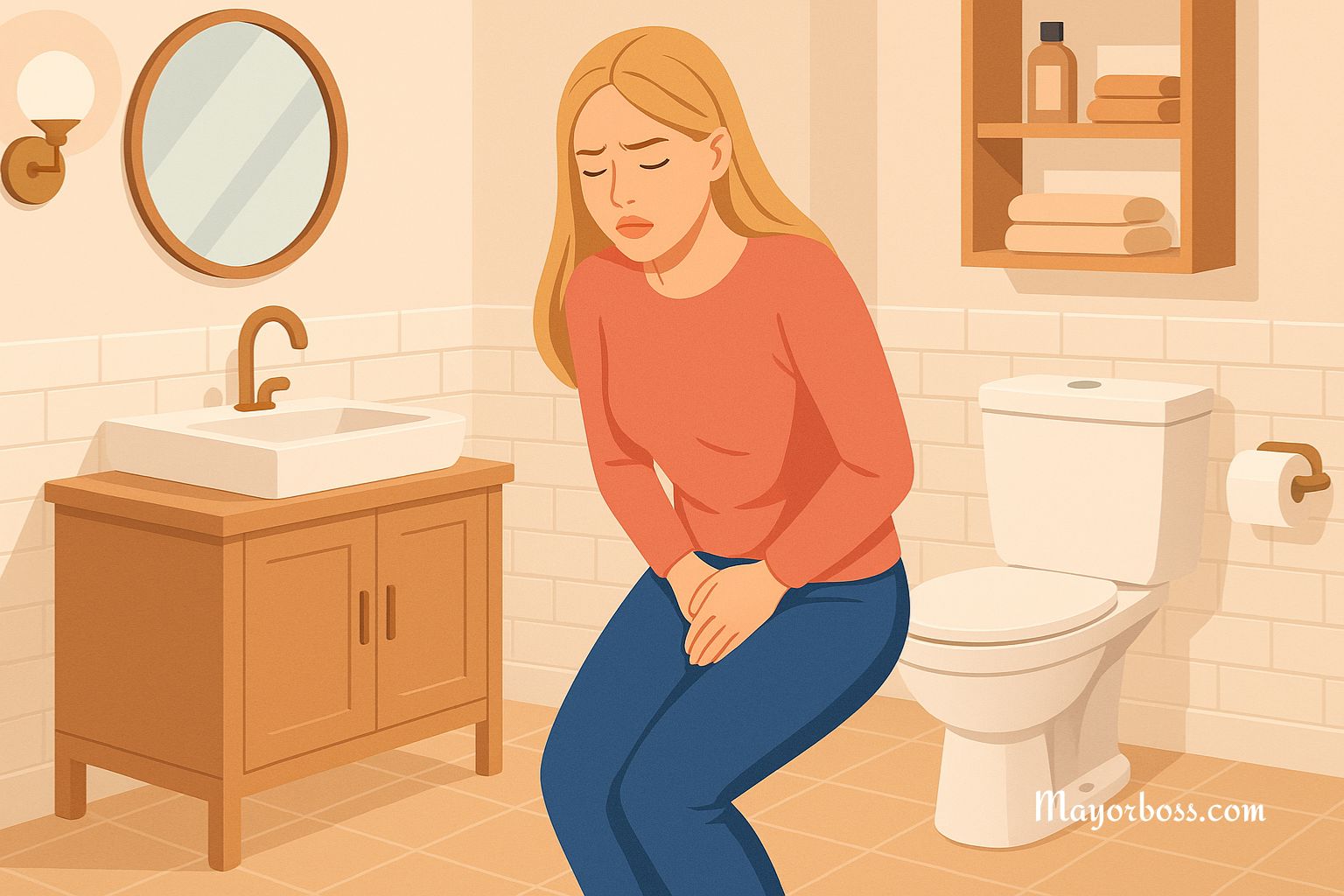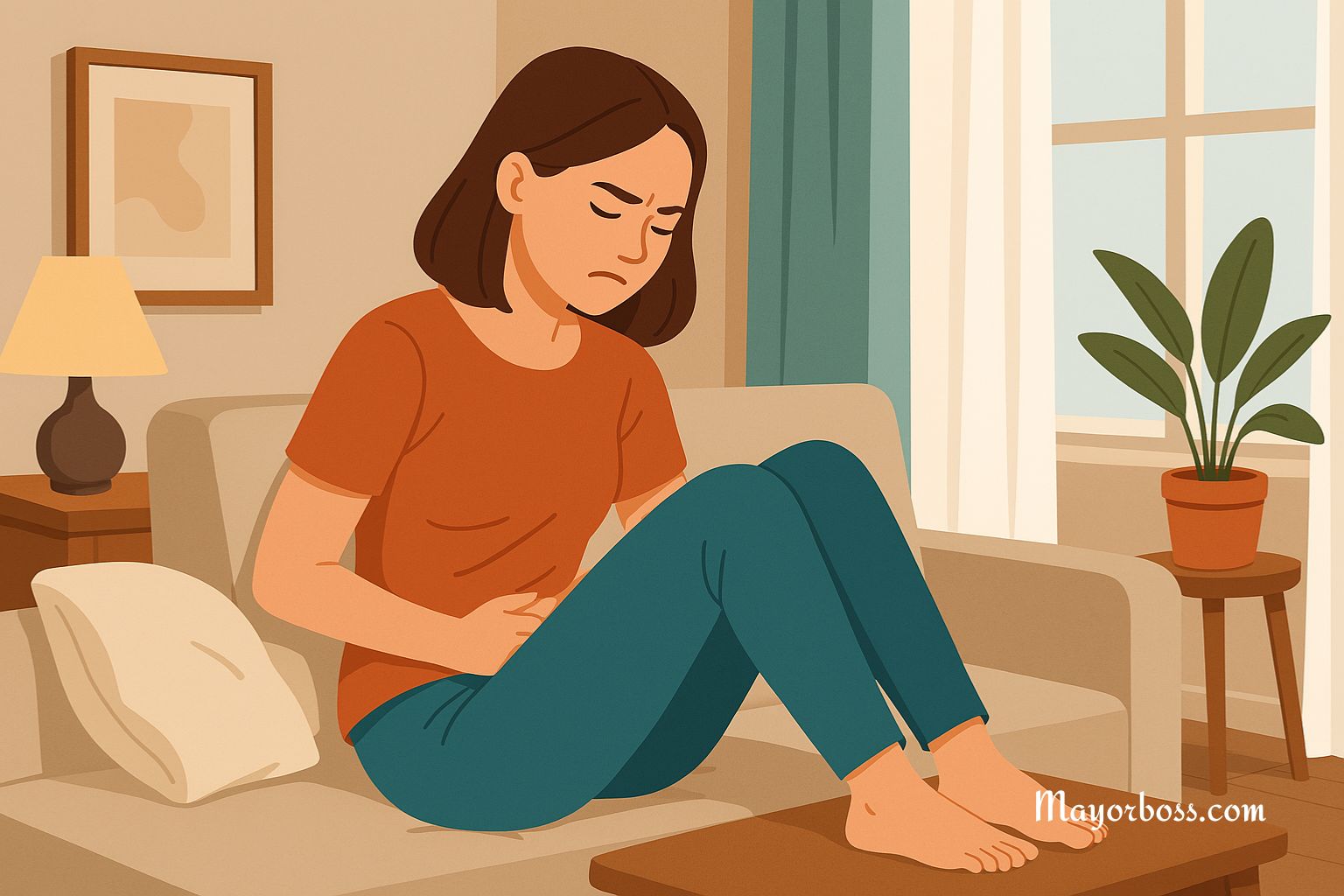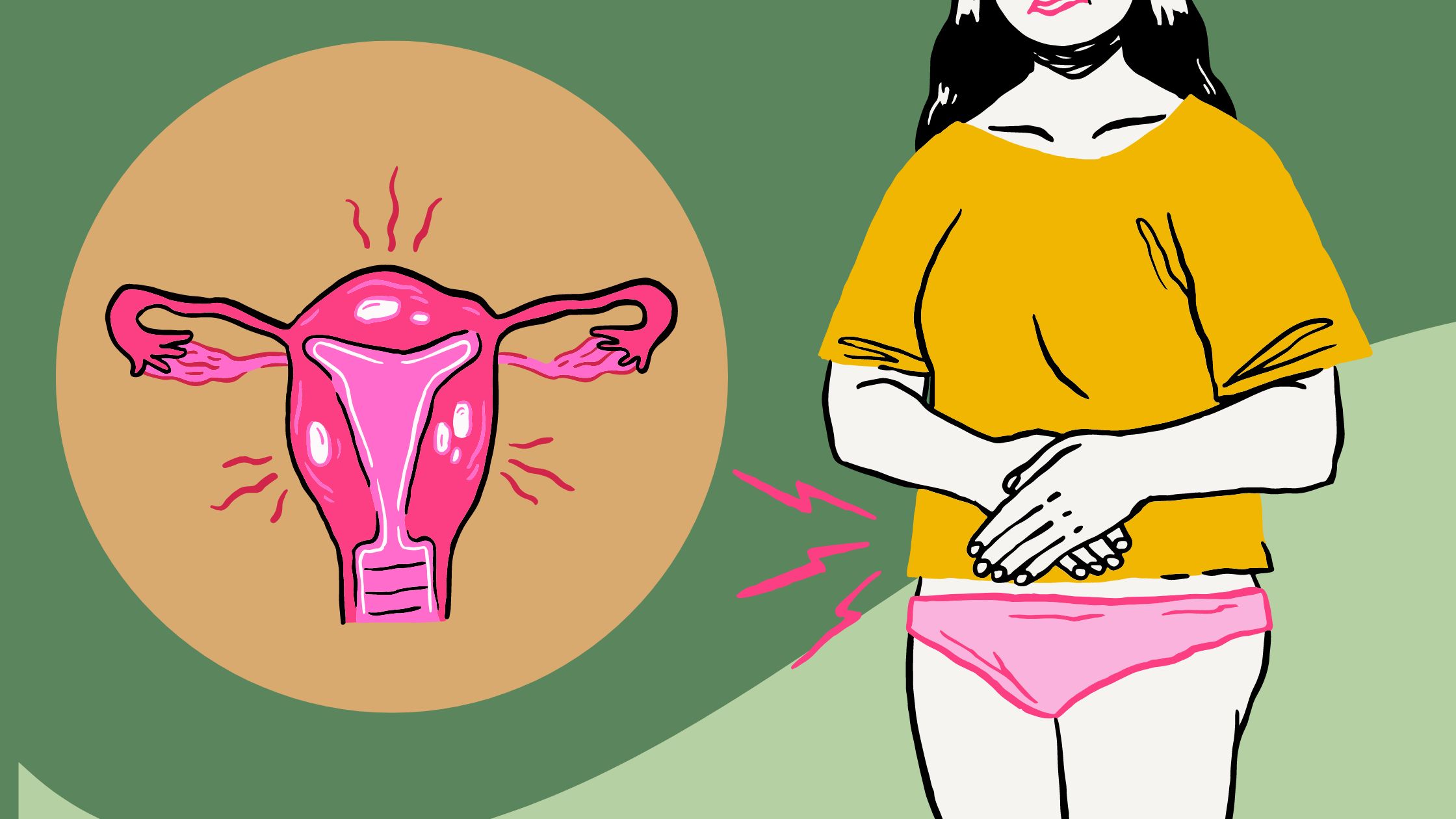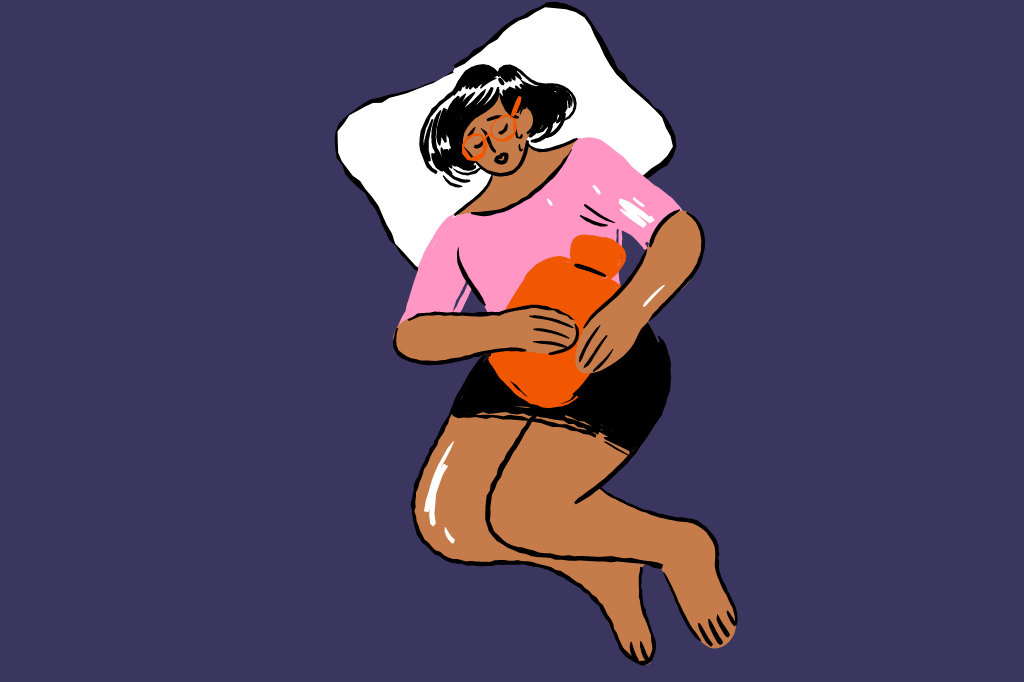The Hidden Pain of Vaginal Fistulas
Vaginal fistulas are more than just a medical condition—they are a silent crisis that can deeply affect a woman’s physical, emotional, and social well-being.
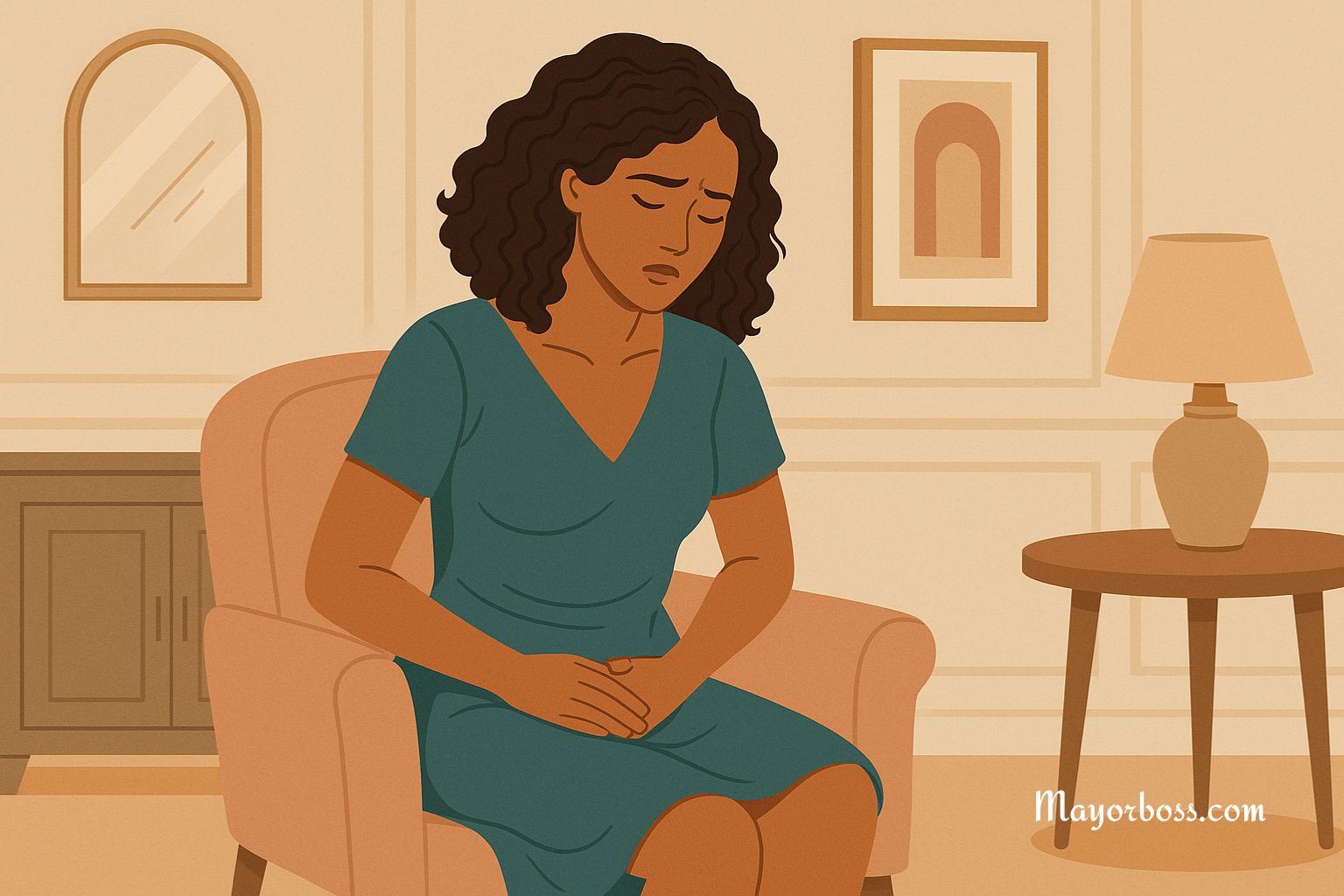
What Is a Vaginal Fistula?
A vaginal fistula is an abnormal opening between the vagina and another organ, such as the bladder, rectum, or urethra. This unnatural passage allows urine or stool to leak into the vagina uncontrollably. It’s not just a physical issue. It often leads to shame, isolation, and emotional trauma.1
The most common types include:
- Vesicovaginal fistula – between the bladder and vagina
- Rectovaginal fistula – between the rectum and vagina
- Urethrovaginal fistula – between the urethra and vagina
These fistulas don’t just form randomly. They often result from childbirth trauma, surgical injuries, cancer treatments, infections, or complications from prolonged labor.
How Does It Happen?
Obstructed labor—when a baby cannot pass through the birth canal—can cut off blood supply to surrounding tissues. This lack of blood flow causes tissue death. As the tissue breaks down, a hole can form. That hole becomes the fistula. In other cases, a poorly done pelvic surgery, cancer in the pelvic region, or radiation therapy can also lead to a fistula.2
In many low-resource settings, fistulas are most commonly linked to childbirth injuries. In wealthier countries, surgical complications or radiation are more frequent causes.
Vaginal Fistula Symptoms
Vaginal fistulas may not cause pain at first. But the symptoms, though silent in sensation, are loud in impact. Here’s what to watch for:
- Constant leakage of urine or stool through the vagina
- A foul vaginal odor
- Recurrent vaginal or urinary infections
- Skin irritation in the genital area
- Pain during sex
- Emotional distress or withdrawal from social life
Many women feel embarrassed and delay seeking help. They may think the symptoms are a normal part of childbirth or aging. This delay only worsens the damage.3
The Emotional Toll
Living with a vaginal fistula is more than managing leaks. It affects how a woman sees herself. Many feel ashamed. Some are rejected by partners or excluded from their communities. Others stop working or avoid social gatherings. Depression and anxiety are common.
Imagine having to hide every day because of uncontrollable leakage. That’s the reality for many women. The silence around the issue only deepens their suffering.
Why It’s Often Hidden
There are several reasons this condition remains in the shadows:
- Lack of awareness: Many women don’t know what a fistula is.
- Stigma: Talking about vaginal health is still taboo in many cultures.
- Limited access to healthcare: In rural or poor areas, women may not get the help they need.
- Gender inequality: Women’s health needs are often ignored or minimized.
Because of these barriers, thousands of women suffer in silence.
Treatment Is Possible
The good news is that most vaginal fistulas can be repaired with surgery. A skilled surgeon can close the hole and restore normal function. The surgery may be simple or complex, depending on the fistula’s size and location.
After surgery, many women regain control of their lives. But recovery isn’t only physical. Emotional healing matters too. Support groups and counseling play an important role in helping women move forward.
In some cases, especially when surgery isn’t an option right away, temporary treatments like catheters or colostomy bags may be used to manage symptoms.4
Prevention Starts With Better Care
Preventing fistulas is possible. It begins with proper maternal care.
- Ensure timely access to emergency obstetric care
- Educate birth attendants and healthcare workers
- Delay early marriage and teenage pregnancy
- Improve surgical techniques and postoperative monitoring
- Offer cancer patients protective strategies during radiation therapy
In short, prevention involves respecting women’s health needs at every stage of life.
What You Can Do
If you or someone you know has symptoms of a vaginal fistula, don’t wait. Seek medical advice. No one should suffer in silence.
Also, consider supporting organizations that work to treat and prevent fistulas, especially in underserved communities. Raising awareness, sharing stories, and speaking openly about women’s health can break the silence.
Final Thoughts
Vaginal fistulas can devastate a woman’s life—but they are not untreatable. With the right care and compassion, healing is possible. It’s time to bring this hidden pain into the light and give every woman the dignity and health she deserves.


